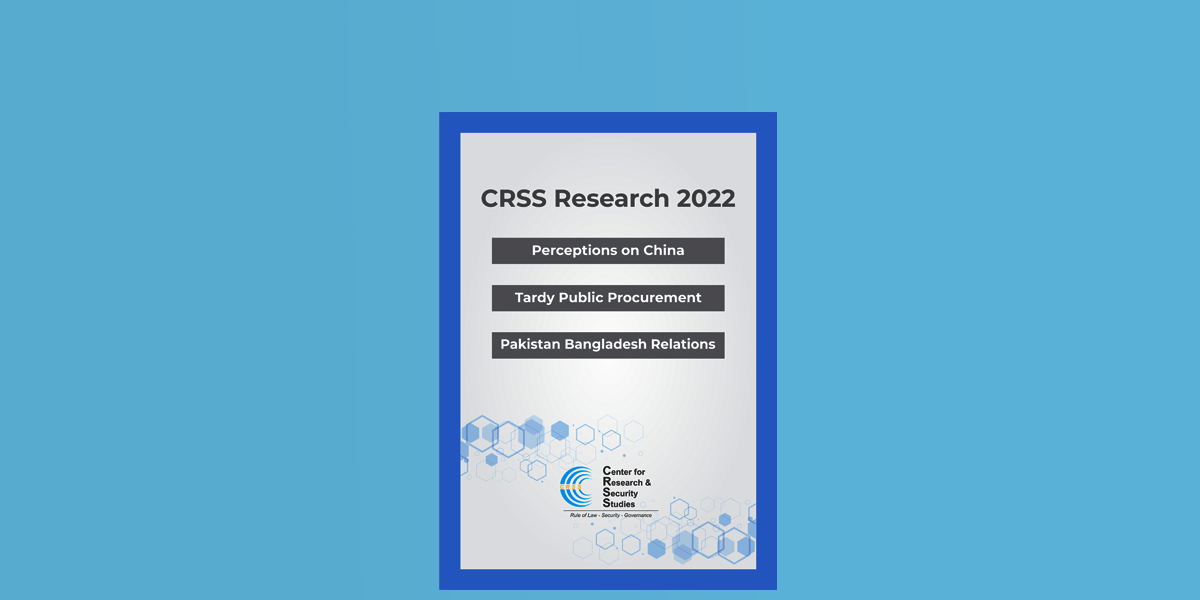Executive Summary
As a long-trusted and tested political friend, China wields significant influence in, and a central position in Pakistan’s foreign relations. However, due to certain cultural barriers and fewer peopleto-people interactions, people on both sides know relatively little about one another. In an attempt to evaluate this information deficit, CRSS conducted research on common Pakistanis’ perceptions
and understanding of China’s culture and history. These findings are part of the first report. Based on a survey of 300+ individuals, it was found that most of young and older people have a positive
view of China and are keen on learning more about the neighboring country. However, many young individuals lack awareness of some of the key facts about China; for instance, about 26 % did not
know that China has achieved major watersheds in its economic development in the past two decades. Some of the recommendations of the report are:
- A special curriculum on China should be included for higher secondary and lower academic levels, as most of the individuals with these backgrounds either have a neutral or illinformed perception of China;
- There should be independent cultural exchange programs between youth which can be beneficial in learning about Chinese culture, and vice versa;
- Collaboration among organizations especially think tanks and NGOs of both countries can be very advantageous. Collective research projects will help in knowledge exchange as well as capacity building of both sides while bringing academics and researchers together;
- Besides track 1, multi-level diplomatic efforts must be started such as track 2 and track 1.5,an area that CRSS has considerable expertise and experience in.
The second report focuses on Pakistan’s dated, expensive, and time-consuming Public Procurement Regime. A sound public procurement regime ensures transparency, cost-effectiveness, and swiftness and can help public sector institutions make better financial decisions. This report specifically addresses the flaws in the country’s Public Procurement Regulatory Authority (PPRA) and argues that the system needs an overhaul to bring it in sync with the universal procurement systems, in conformity with the best practices regime. This will likely save substantial public spending, the
report concludes.
The third report contains an account of a series of six Policy Dialogues – a series of 6 webinars to be precise – on the Pakistan-Bangladesh relationship. An array of political experts and scholars from both countries participated in these panel discussions to convey their respective views from their country’s perspectives. These webinars gave a glimpse of existing impediments to the improvement in bilateral ties, issues of common interest, and prospects of improvement between the two countries.
Download PDF
